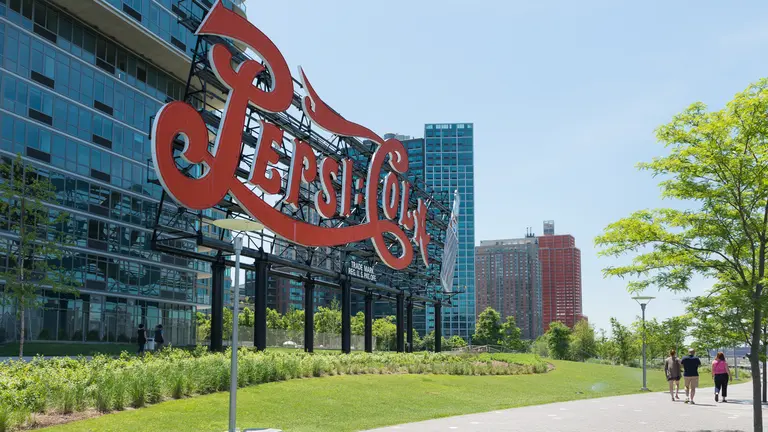
Via CityRealty
Learning from Seattle: How Amazon could shape NYC real estate
More on the effect

Via CityRealty
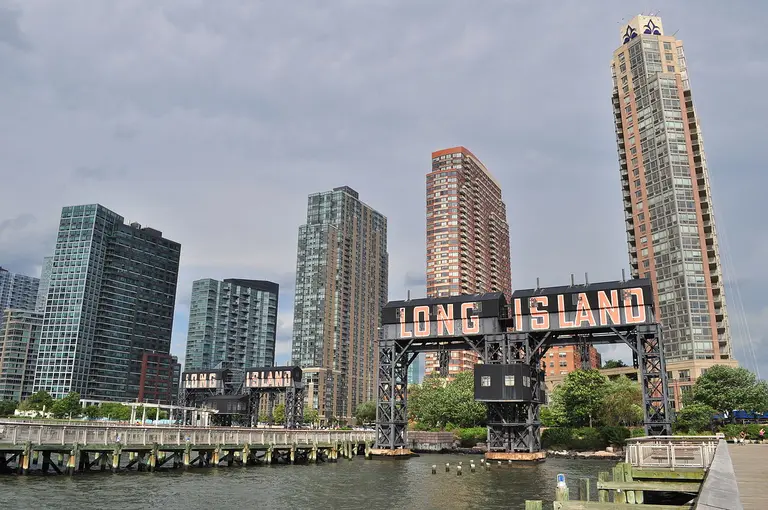
Via Wikimedia
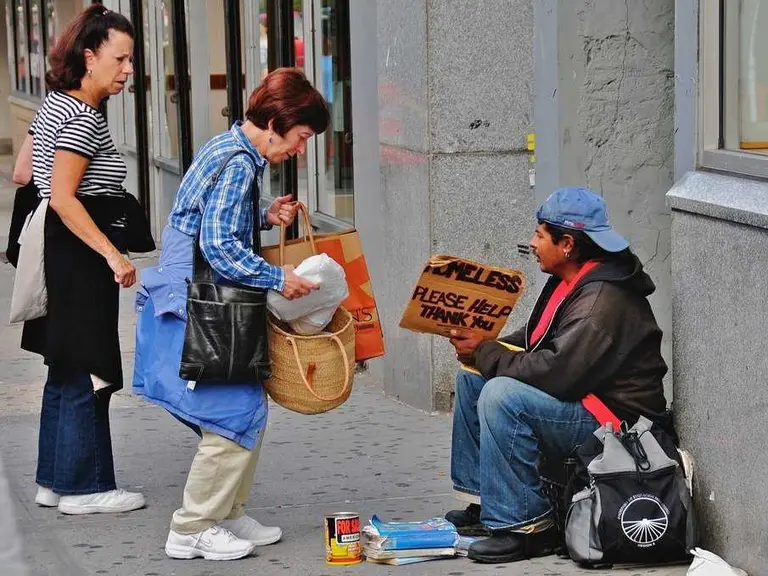
Photo via Wikimedia
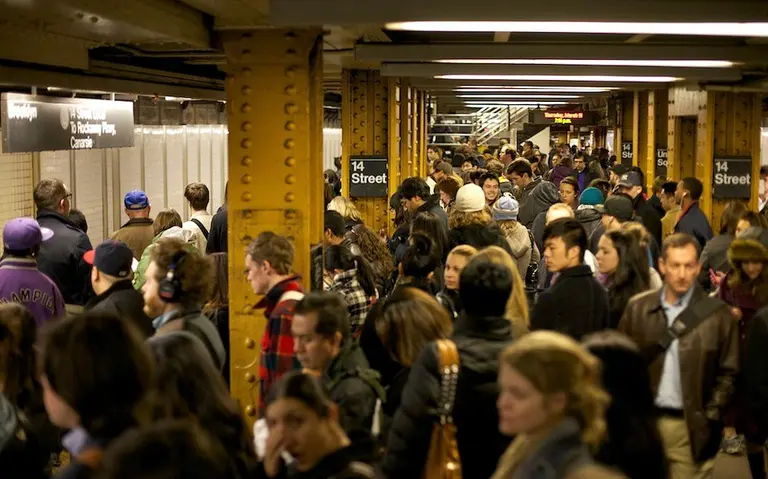
Photo via Dan Phiffer on Flickr
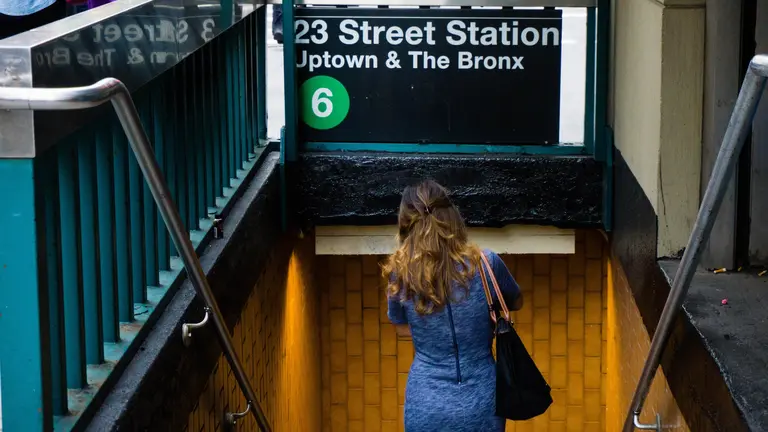
Photo via Flickr
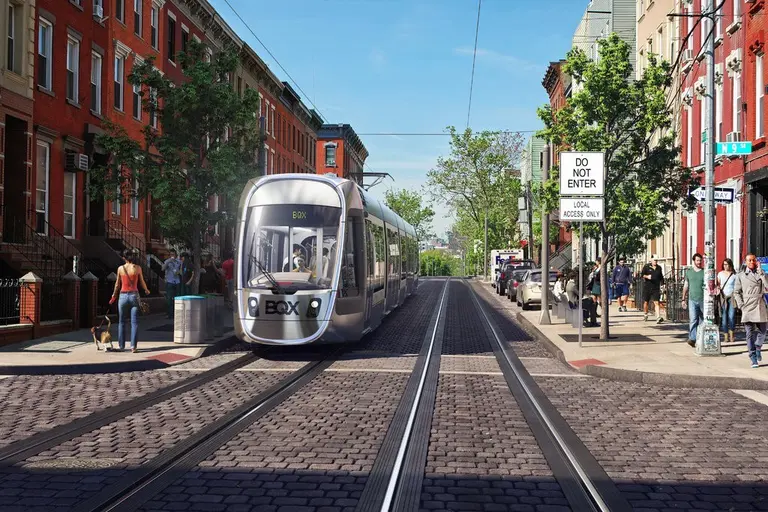
Rendering via EDC
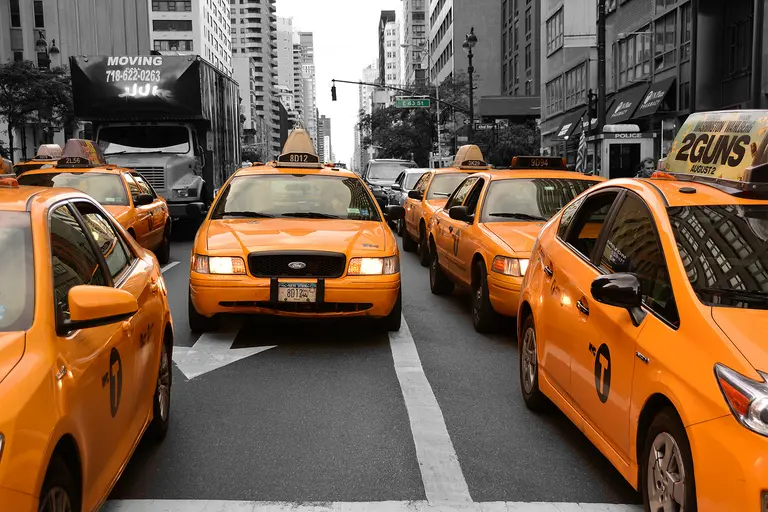
Image via Flickr
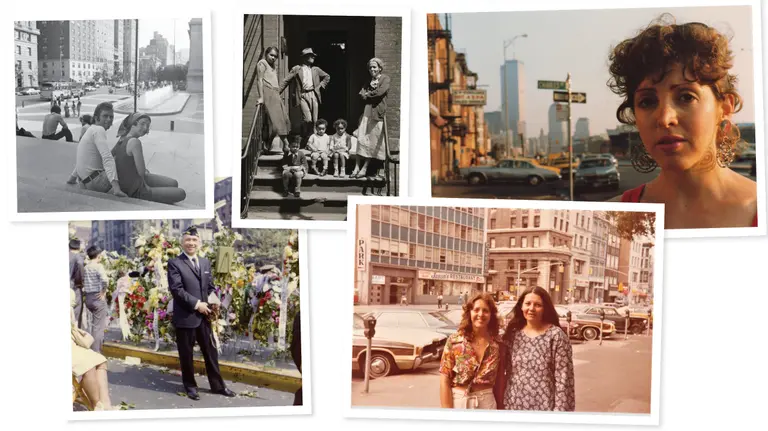
Image courtesy of Urban Archive. Photo credits, clockwise from top left: 1, 2, Museum of the City of New York; 3, 4, Greenwich Village Society for Historic Preservation; 5, Museum of Chinese in America
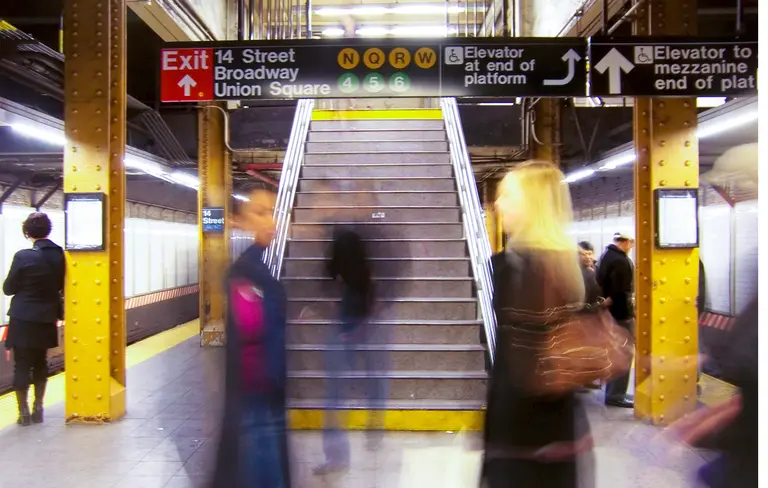
Photo via Flickr cc
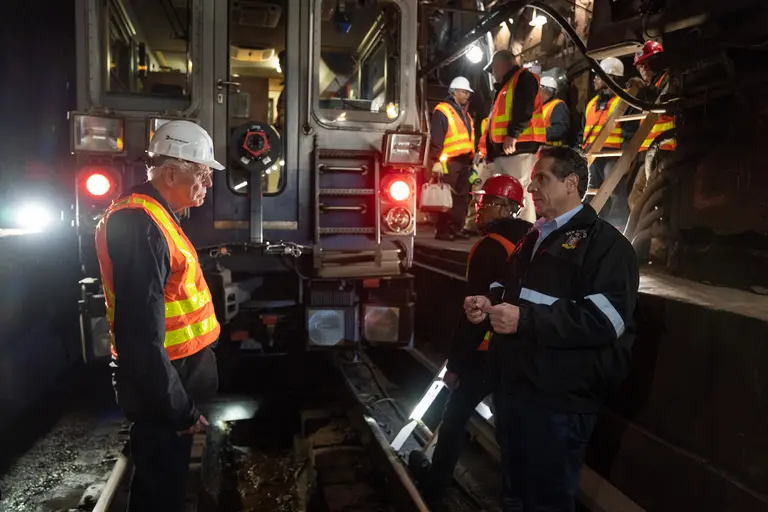
Image via Governor Cuomo’s Flickr
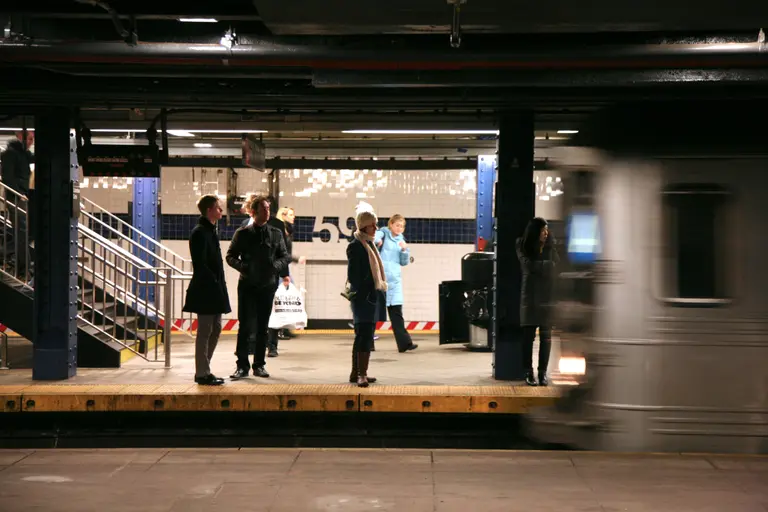
Via Flickr
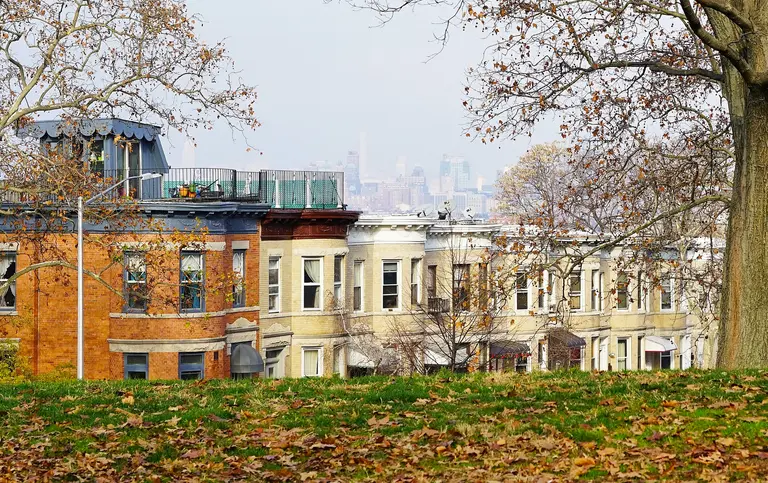
Photo via Flickr cc
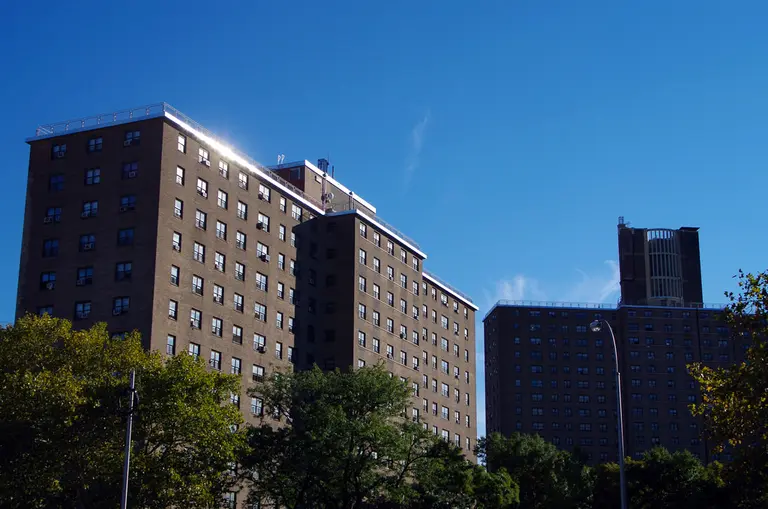
Over 2,800 residents at the Bushwick Houses in Brooklyn lost heat and/or hot water on Monday; via Flickr
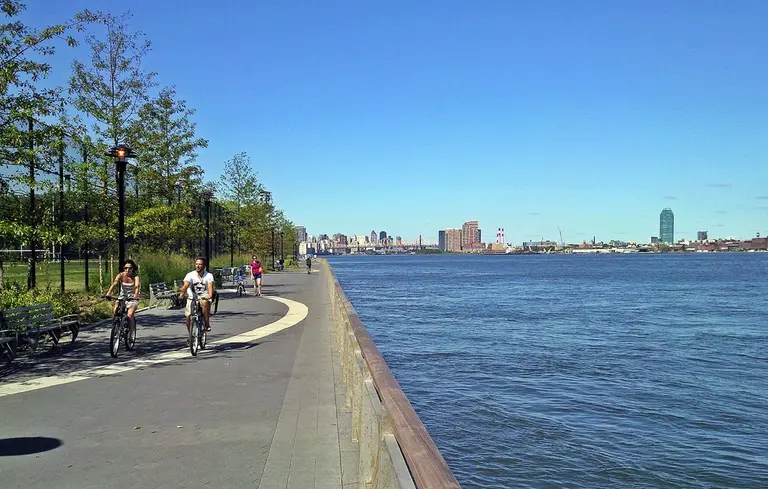
Image courtesy of David Shankbone via Flickr
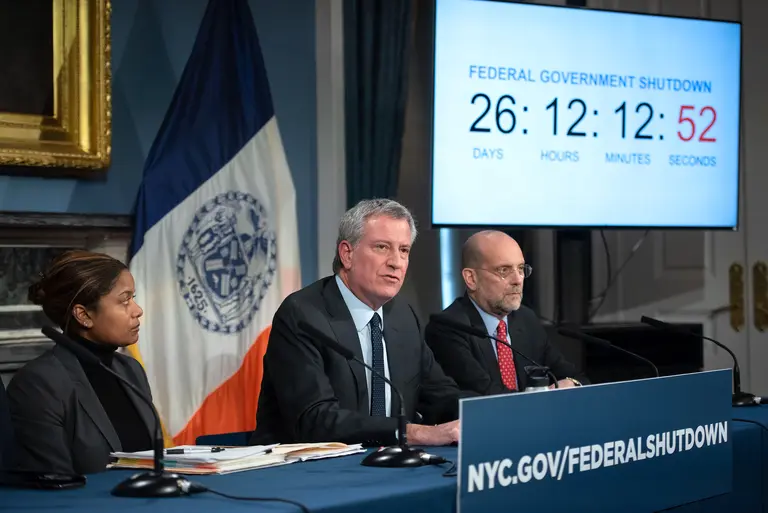
Via Michael Appleton/ Mayoral Photography Office on Flickr
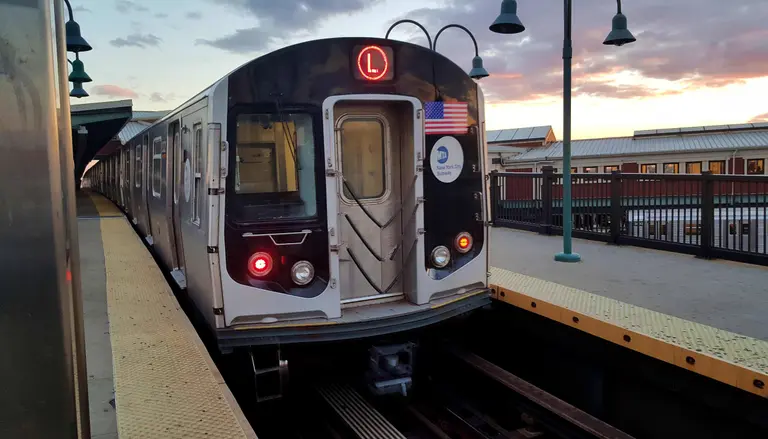
Via Wikimedia
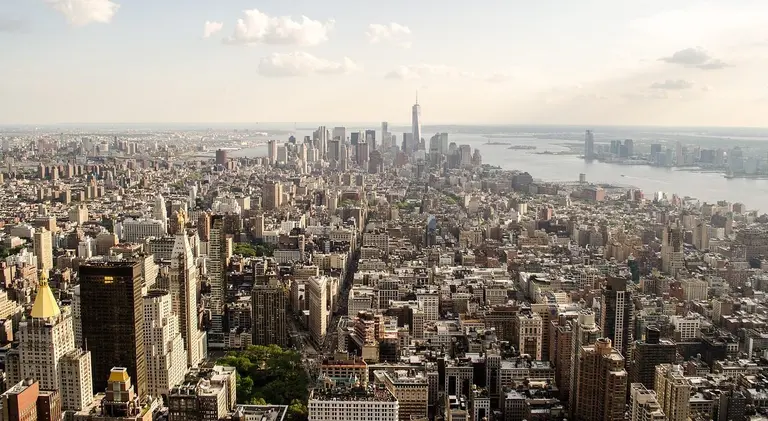
Via CC
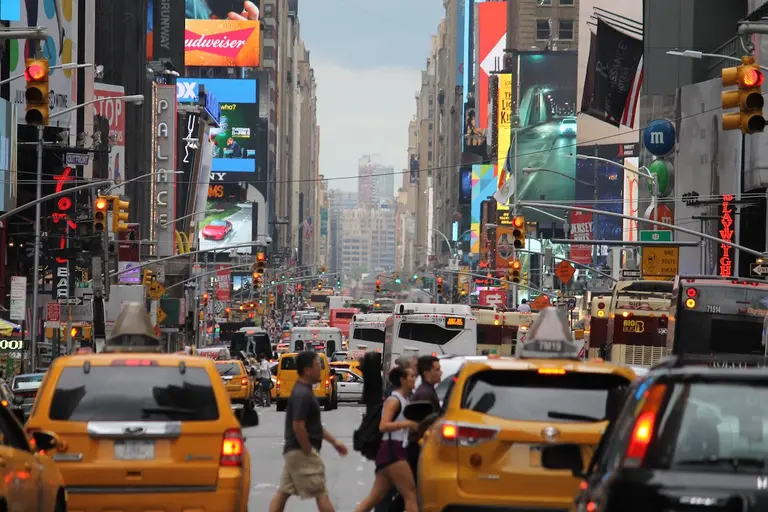
Via CC
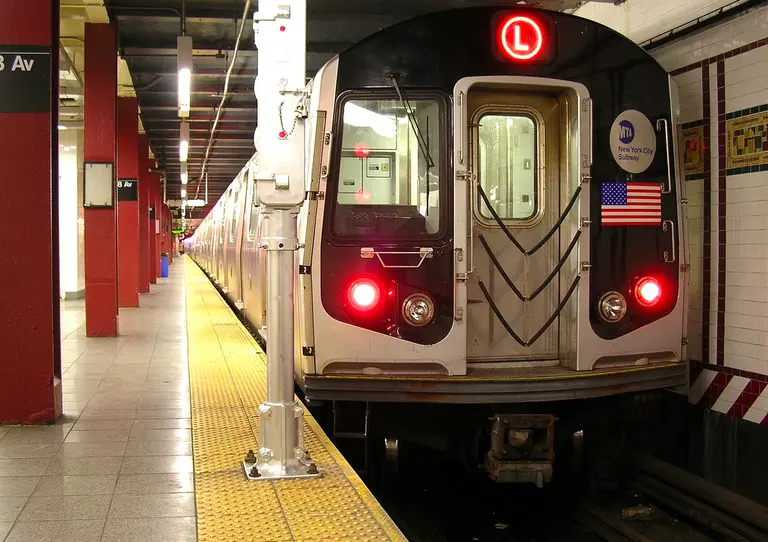
Via Flickr